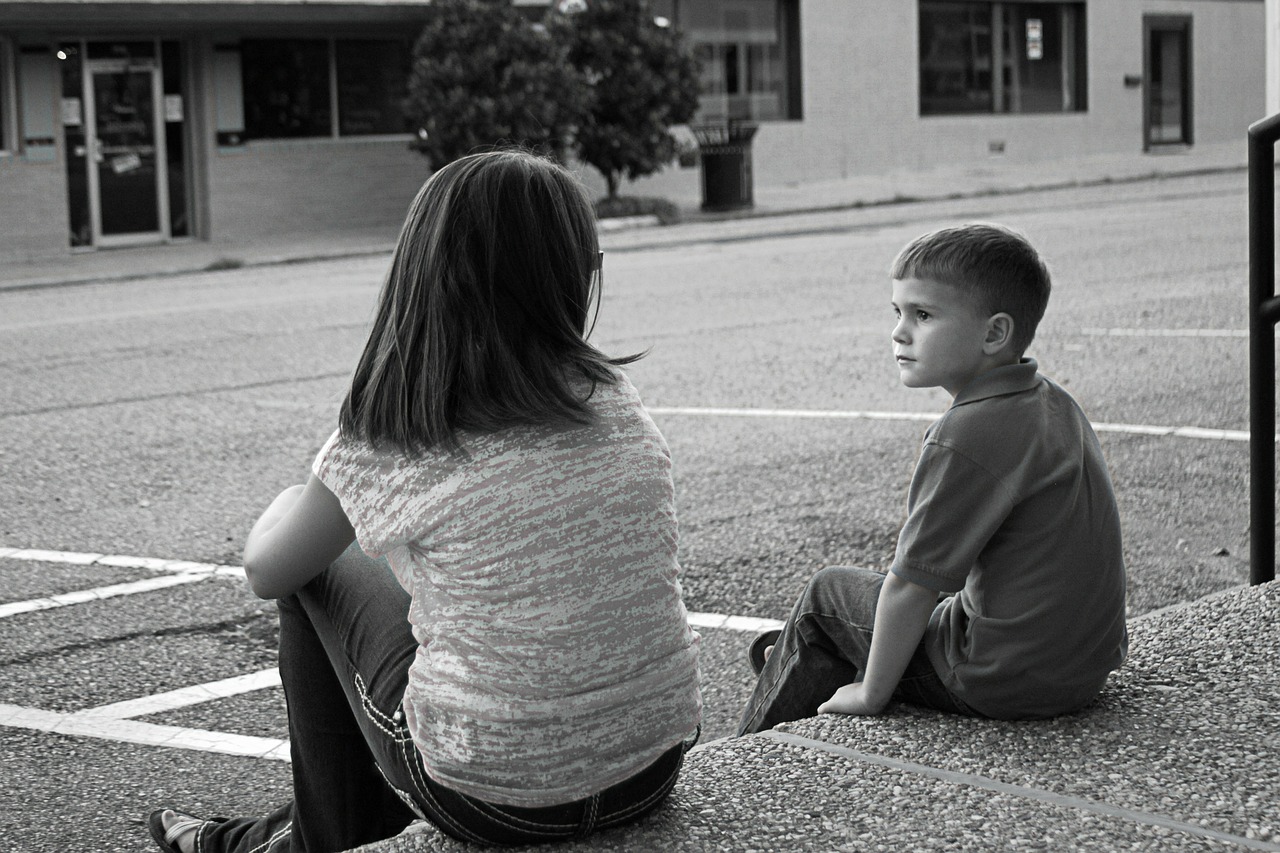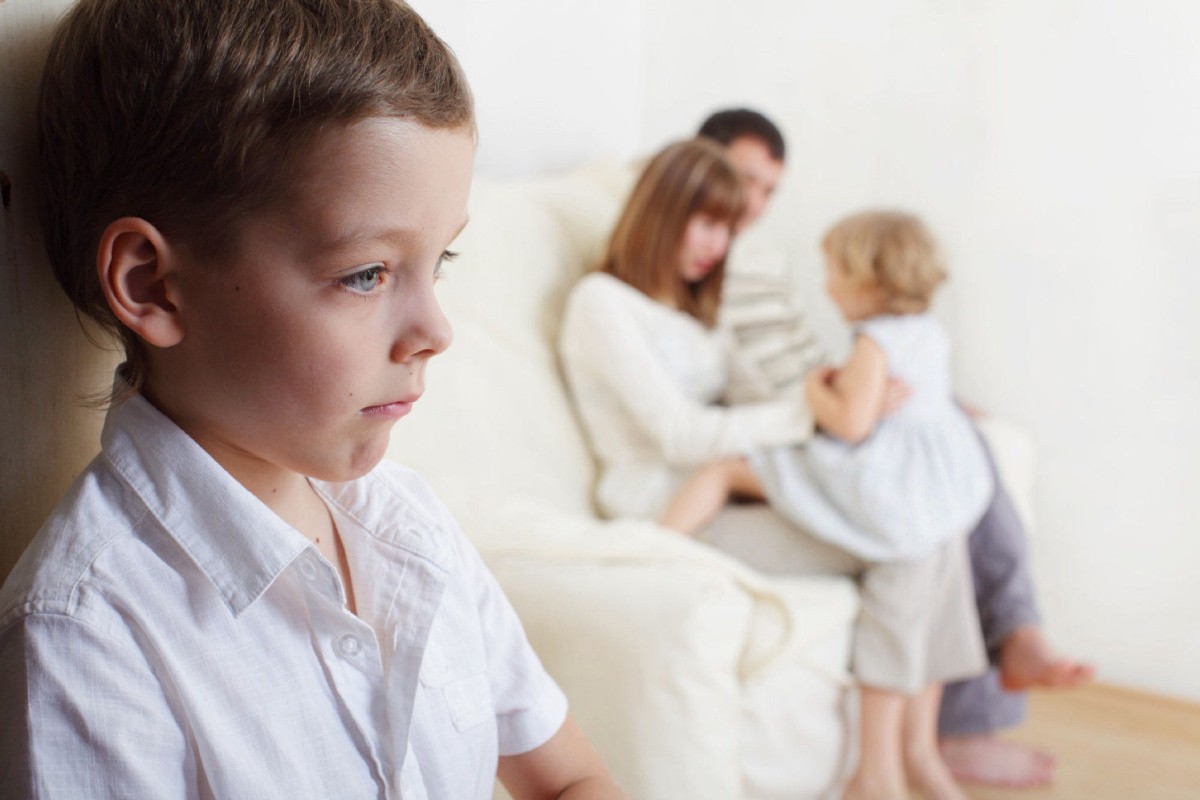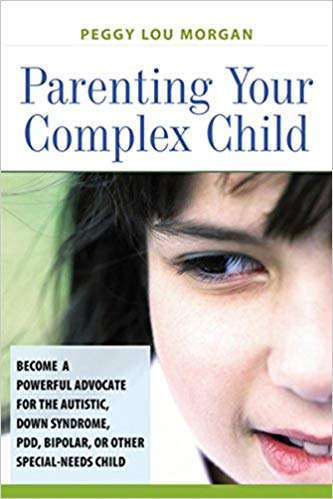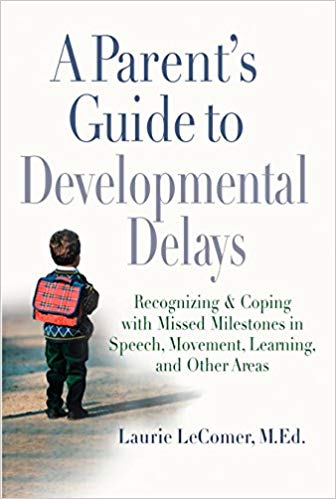
Representative image. Image by Cheryl Holt from Pixabay
A family as a sustainable social unit is a global recognition over the ages. Hence, it is an undeniable truth that familial ties, familial perspectives, and familial composition, have a very significant role to play in the personality of an individual. These aspects play a pivotal part in the rationale of the individual, the attitude he has to society at large and the actual quality of life he finally enjoys throughout his life.
Siblings form a very undeniable influence on one’s thought process and researchers have actually agreed that they may be able to make or break the psyche of their siblings in a more convincing manner even sometimes more than parental influence. The nodal question one asks oneself about one’s siblings is what is the entire spectrum of emotions which are generated for them? Love, a sense of belonging, a bond that may get enriched with age and a tremendous sense of companionship and loyalty are on the one hand the positive feelings towards the siblings. However, on the other side depending on a variety of factors, jealousy, insecurity, a sense of unhealthy competition, a mental and psychological rejection of the sibling and finally negativism even bordering on hatred could be the underbelly of this unique relationship.
In the intricate and fascinating labyrinth of human relationships, the above-mentioned equations are much more complicated if one sibling is a ‘Special Child’. Univocally, all concerned agree that the presence of an immediate family member who is mentally challenged creates a very different and difficult situation for each and every family member. This tends to play a pivotal role in the person’s personality at every stage of his life and could change the manner in which he develops, he looks at the world at large and how he reacts to different situations. This is such a hard-hitting and undeniable reality that it has formed the basis of research in various disciplines including psychology, sociology, educational, and learning strategy and even human resource management.
Recognizing this, I decided to have a concerted conversation with a very well- known Psychologist from Mumbai, Dr.Ramola Thangiah. A scholar, academician, and policymaker in education, she has to her credit, a long and well-chequered career in psychology in which she has contributed emphatically. I am privileged to enjoy a very close and long-standing association with her, hence, the outcome of the conversation was multifaceted.
Her opening stance was that this is a very pertinent and serious issue to be addressed by all the stakeholders. The first realization by all concerned that the emotional, psychological and social needs of the child who happens to have as his sibling a special child are real, they are tangible and non-tangible. Furthermore, the needs have to be recognized and addressed at all times. Importantly, these are needs which continue throughout life, for both the individuals concerned.
Dr.Ramola was very clear in emphasizing that there are very intricate thought processes and attitudinal angles to be considered hence, she marked out some very significant ones. I list and discuss them here and these are really valuable take-home messages.
Dr.Ramola was keen on specifying that it is always more effective and correct to render all support and help to the sibling during his childhood and formative years. She was of the opinion that the situation is not much different if the ‘Special Child’ is the older or younger sibling. However, this generalization and individual cases may differ.
Foremost, the extra demands are placed on them by their parents to take care of their special sibling could be perceived by them as unfair and unrealistic. This belief could lead them to question these ‘unreasonable’ demands, which they may reject. They may also feel that they have shackles on their feet and are being robbed of a normal childhood.

Representative Image
A lot of children, feel growing insecurity and personal inadequacy due to the quantum of attention being given by the parents and other family members to the ‘special child’. Their self- worth would be seriously compromised if they start believing that to get attention and instill a sense of belonging and empathy from the parents and elders they also should have some special needs. The normal sibling may resent the extra attention being given to the siblings and may even wish to be like that sibling so he/she can get the attention.
Part of growing up is a gradual but definite evolution of the child into a fabric of social interactions. Going out with family is a very emphatic enrichment of the family structure and contributes to happy childhood memories. These are very nodal in shaping the child’s personality which would stand him in good stead throughout his life. Hence, if the sibling develops an attitude where he/she may feel embarrassed about the sibling’s inappropriate behavior or abnormal looks, it would be totally negative and detrimental to all.
These negative feelings should be observed by the parents and addressed immediately or else it may escalate to the sibling building up of resentment which would be destructive to his/or her persona. The normal child may hate the disabled sibling and even feel embarrassed to go out with him/her. Such a rejection would be understood psychologically by the special child and would not help him in any constructive manner. Moreover, the abyss of hate in the normal child would be very disturbing to him in his formative and later years of life.
The presence of a ‘Special Child’, creates an atmosphere in the home and family which makes far-reaching inroads into the lives of each and every family member. For a start, it is a reality, that the activities and fun quotient of the normal child may be reduced, due to the other child. He/she would slowly resent this restriction of the activities, leading to a build-up of negativism.He/she may feel worried or even angry and anger mismanagement would lead to disastrous consequences.
However, Dr.Ramola feels that there could be such a metamorphosis in the sibling where he/she may also have a chance to develop patience, kindness, supportiveness, helpful behavior, and even standing up for the sibling just in case. All in all, her belief and to this I am of unreserved concurrence, is that the normal child needs to be taken into confidence at all times. The parents should spare no efforts in reassuring him that their love for him/her is totally unconditional and how his role in the family is of utmost importance. Later, this circle of positivity could be extended to family, teachers and even friends and it is this sense of amity that would help the sibling to tide over any difficulty.
Sign up for the QuackTrack.org newsletter below!
















